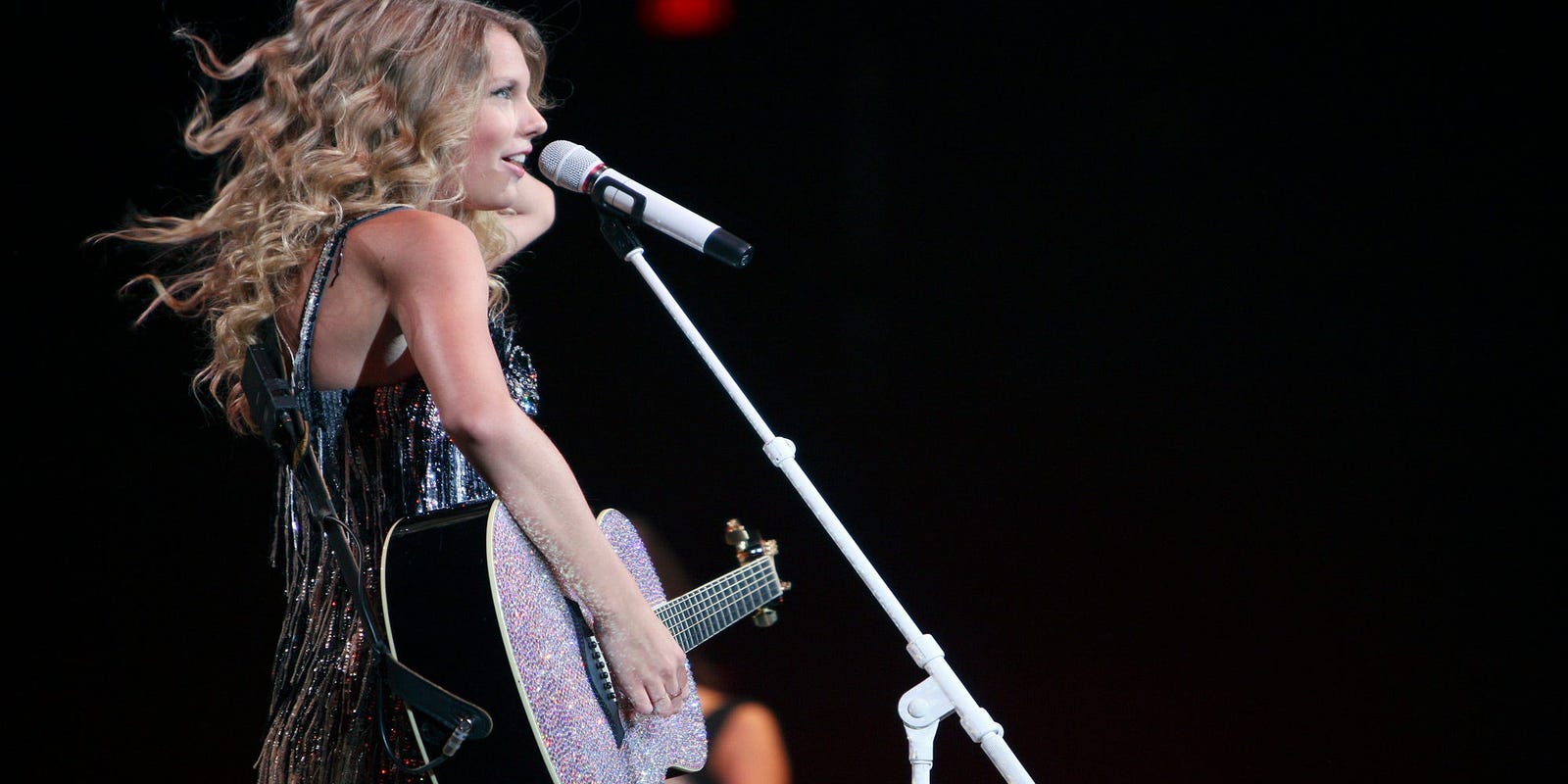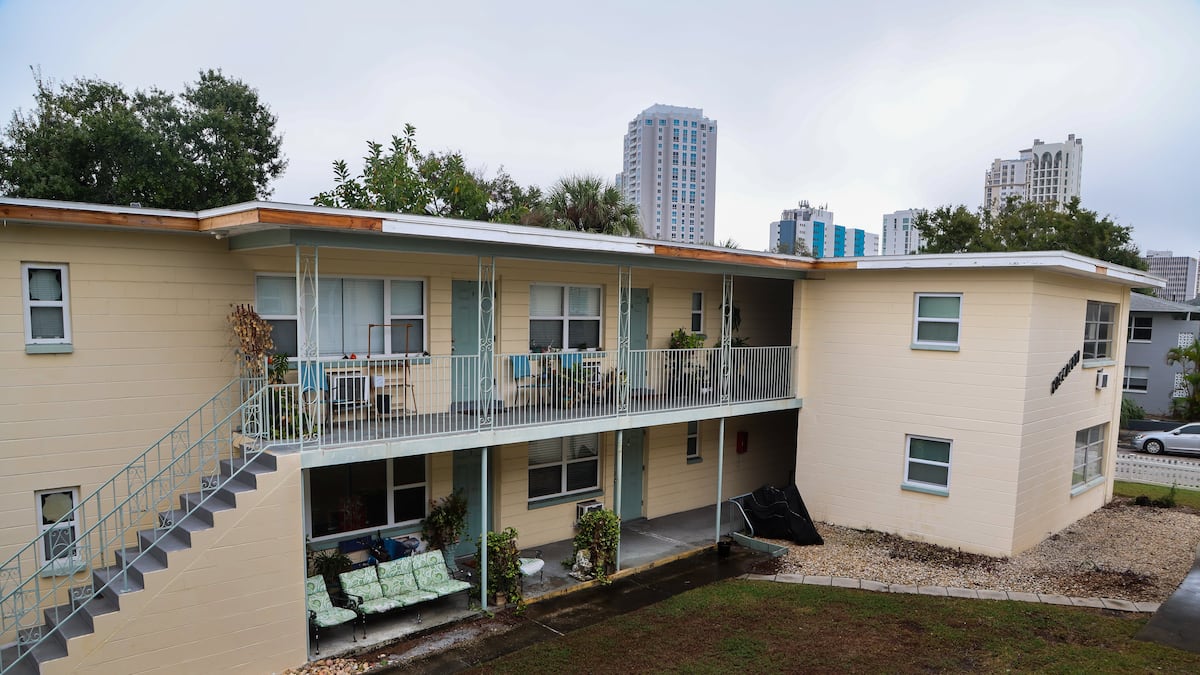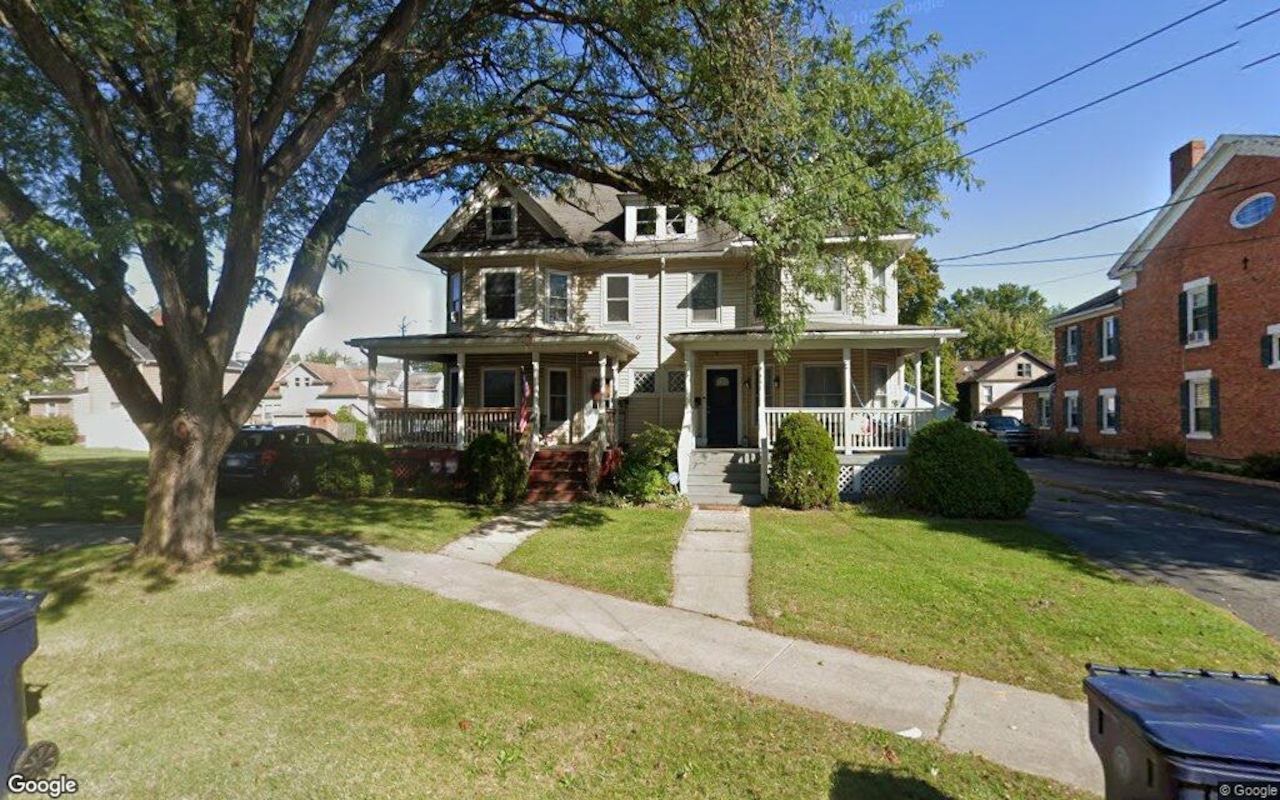R
eal estate agents in Rhode Island are sounding the alarm about a proposed tax on high-end vacation homes, dubbed the "Taylor Swift tax." The tax would apply to second or third homes with assessed values over $1 million and fund low-income tax credits for affordable housing. If it passes, Taylor Swift's Watch Hill mansion could owe around $136,000 in new taxes.
The tax would exempt properties occupied more than 183 days a year, but real estate professionals argue that even long-time family beach houses could be hit hard by the tax. Chris Whitten, president of the Rhode Island Association of Realtors, warns that the tax could hurt the state's housing market and create a slippery slope.
The proposed tax rate is $2.50 per $500 of value above $1 million, with proceeds funding low-income tax credits for affordable housing developments. However, real estate brokers say soaring property values mean the tax will hit more than just pop stars. Whitten notes that families who have owned beach houses for generations could be whacked by the tax.
To qualify as a primary residence, an owner must live in the property more than half the year (183 days). Properties rented out long-term or short-term through online platforms would be exempt if occupied at least 183 days a year. House supporters argue that the tax could create an incentive for property owners to make more productive use of their luxury pads.
House Speaker K. Joseph Shekarchi welcomes any and all people who spend more time in Rhode Island, but real estate professionals are mobilizing to kill the tax hike again. The politics around investment properties have reached a boiling point, with local governments passing ordinances restricting short-term rentals and lawmakers considering measures to encourage full-time owner-occupants.
A preamble to the new tax rails against absentee property owners, calling owning a property you don't live in a "privilege." Critics argue that non-owner occupied properties place a greater demand on essential services like police and fire protection. Whitten notes that it's a complex issue with both sides having valid points. The proposed tax rate is higher than the 2015 version, which was estimated to generate $11.8 million in new revenue but was not included in the House budget.














